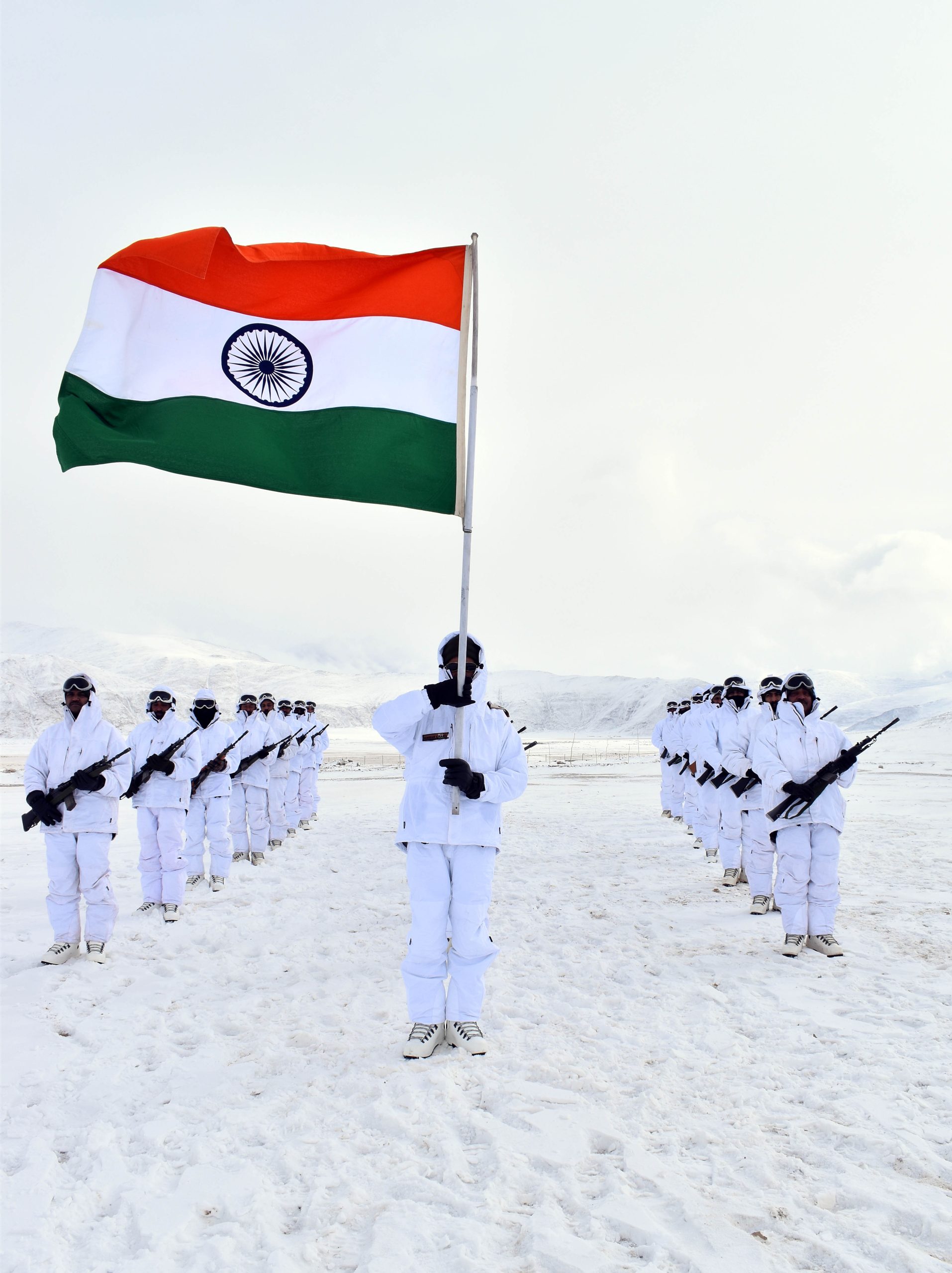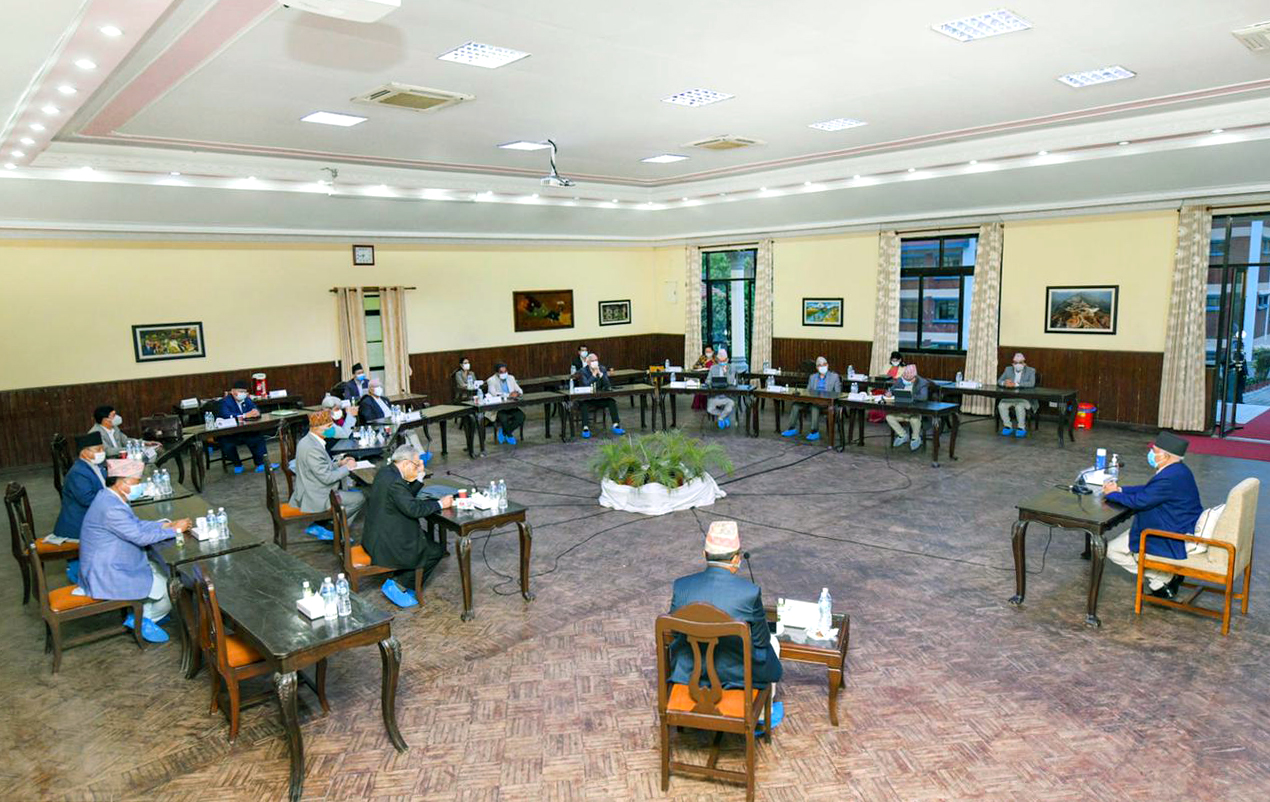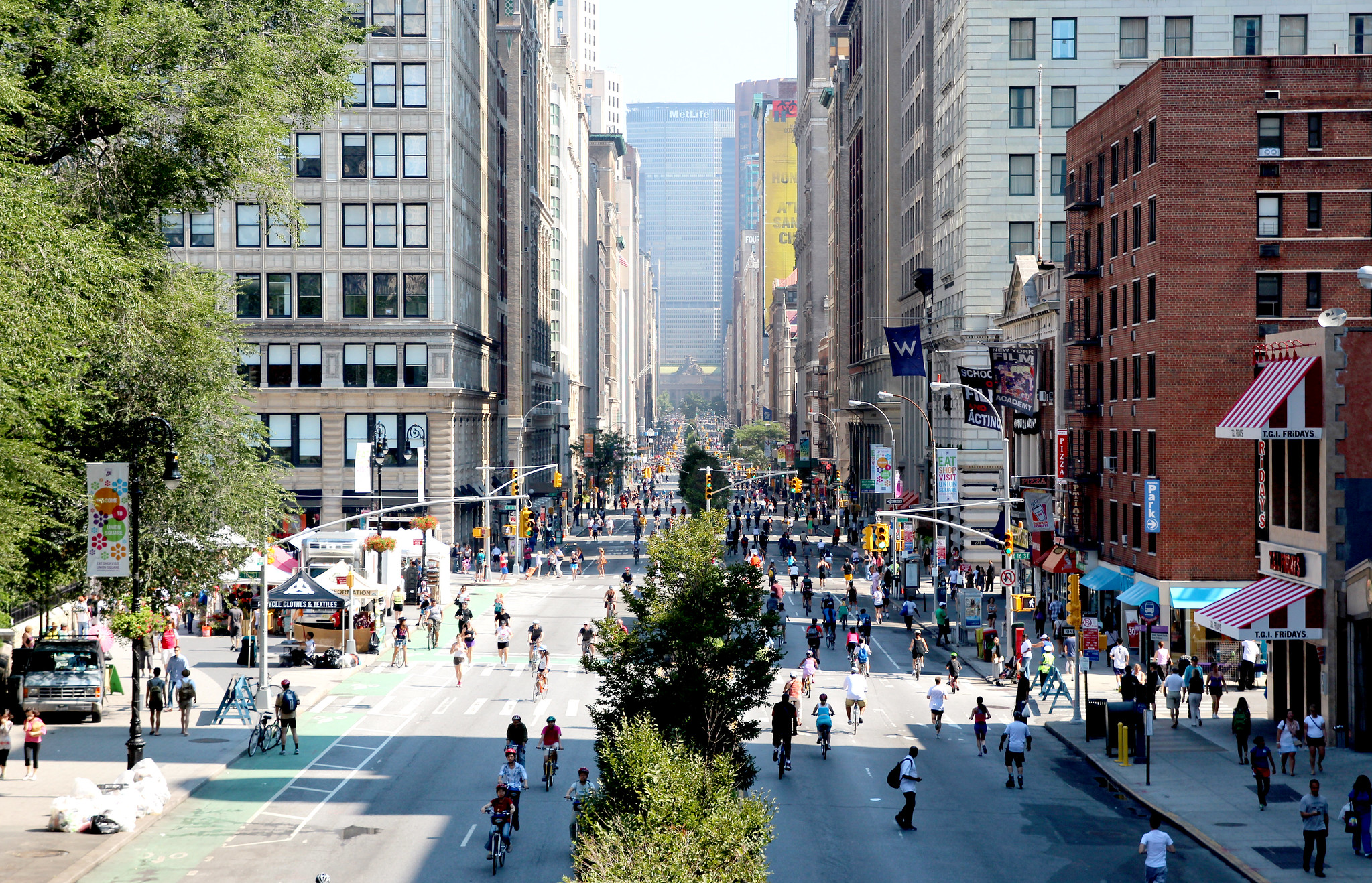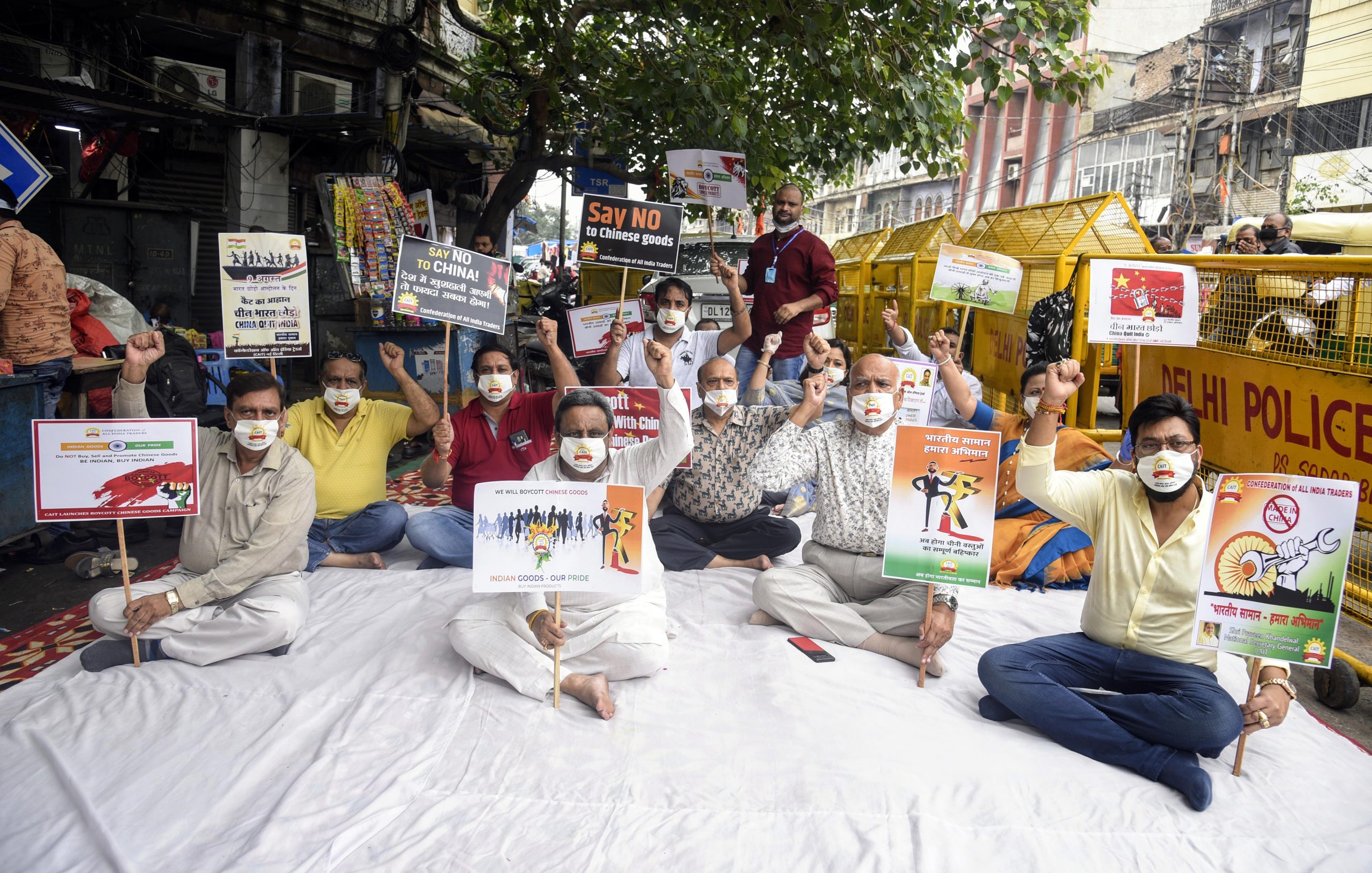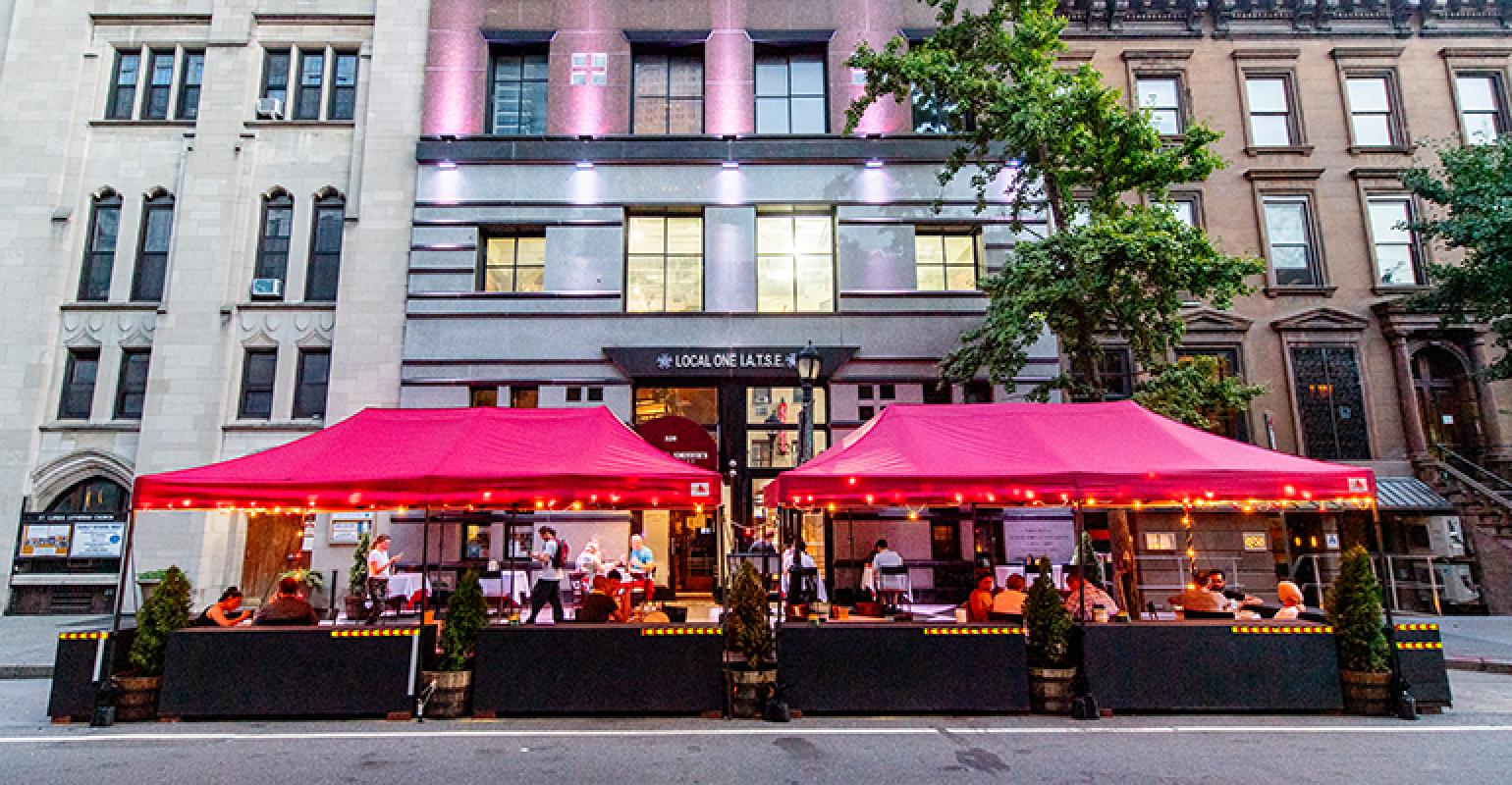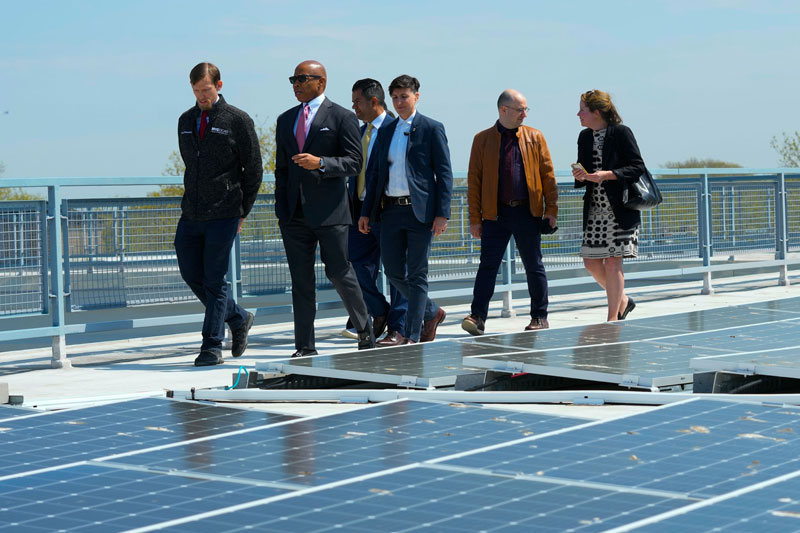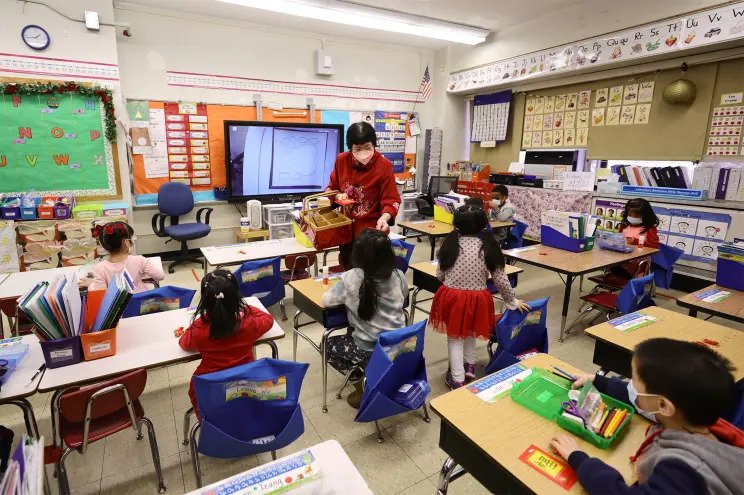Views and opinions from the top commentators in Indian media
China with its vast economic and technological prowess is the biggest threat to the global order. The Nato summit communique of June 2021 had specifically identified China as a systemic challenge to the rules-based international system. Hence, if Nato were to get bogged down in a conflict with Russia, it would take away from international efforts needed to push back against an alarmingly aggressive China.
Despite what strongmen like Putin may want to believe Russia, minus its military capability and its forays into alleged dodgy cyber interference in other nations’ affairs, isn’t a big enough power to seriously disrupt the world. The country is facing de-population, and without a substantive economy – it primarily relies on military and energy exports – its ability to influence matters are limited. A conflict started by Russia also hurts Russia. And its alleged cyber interference may hurt rivals but Moscow mostly gains more mistrust. But teamed with China, Russia can be a serious disruptor and further Beijing’s interests. Thus, a better approach will be to work out a modus vivendi with Russia in Europe and drive a wedge between Moscow and Beijing. Nato needs to play smart here.
— Editorial, The Times of India
Lessons for India
In the immediate, of course, the military deployment of US and NATO forces to eastern Europe will mean that Washington and Brussels will have little appetite for a simultaneous confrontation with China.
In the long run, though, the failure of the US to build an economic coalition against Russia should warn India and others worried about China’s aggressive moves in Asia of just how hard any such effort aimed at Beijing will prove to be.
At $16 trillion, China’s GDP is 10 times that of Russia’s. It’s the world’s biggest trader, the largest partner for imports or exports for more than 50 countries or self-governing regions. Among them: India and Taiwan. Both are on the frontlines of Beijing’s territorial ambitions, yet both trade more with China than with any other nation. In fact, India’s trade with China has increased despite rising tensions in recent years.
Even if India and Taiwan decide at some point that scaling back this economic relationship with China is a worthwhile sacrifice, that alone wouldn’t worry Beijing beyond a point. If Europe can’t agree on united economic measures against Russia when it is directly under threat, expecting the West to suffer economically by agreeing to genuinely tough steps against China is naïve.
— Charu Sudan Kasturi, The Telegraph (India)
Ban opinion polls?
Most opinion polls that are published in the Indian media are spurious and suspect. Let me clarify that these polls may well turn out to be right in their predictions of eventual winners. But that does not mean they were done in a scientific manner. Here are some reasons why.
One needs a well stratified sample of at least 1,000 voters in each assembly constituency to be able to determine a clear winner. Contrary to popular belief, the sample size does not depend on the total number of voters in a constituency but only on how well representative it is of all the different identity and demographic groups. As per prevailing market prices, it costs on average Rs 200-250 to survey one voter through a field study. Which means it costs roughly Rs 2 to 2.5 lakhs to survey one constituency and predict the winner. In a large state like UP with 403 constituencies, it would cost a total of Rs 8 crore to survey in a proper scientific manner.
When media publishes opinion polls, it is important to ask how much did these surveys cost and who paid for it.
— Praveen Chakravarty, NDTV
Small government
In the 1950s, first-time parliamentarian Atal Bihari Vajpayee asked about the Ashok hotel, then being constructed in Delhi: Why was the government building a five-star hotel and not a hospital? The standard socialist ideological response of inadequate private capacity was inapplicable; Jamsetji Nusserwanji Tata had set up Mumbai’s magnificent Taj Mahal hotel in 1903. Prime Minister Nehru replied that hospitals would be built from the profits earned by the luxury hotel. But Vajpayee’s substantive question was about strategy, the trade-offs that reconcile unlimited aspirations with limited resources. Air India’s sale is important for three reasons — priorities, resources, mindset — and is a template for the Indian state to do more by doing less.
— Manish Sabharwal, The Indian Express
Every week, we look at what the top commentators and opinion writers in the Indian media are talking about and bring to you a slice of their opinions and comments
















